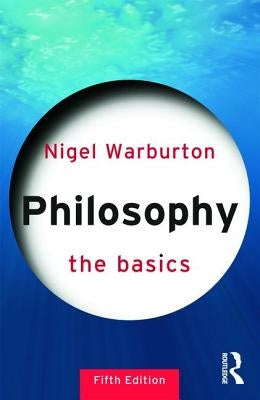Jack (Not Jackie)
$17.99
The Undiscovered Self
$26.99
Philosophy: The Basics
$26.95
On Creativity
$24.95
The Stars Down to Earth
$24.95
Man Meets Dog
$22.95
The Order of Things
$24.95
The Fear of Freedom
$22.95
4.48 Psychosis
$15.95
Providence
$18.00
The Floating Feldmans
$17.00
Lesbian Sex Secrets for Men
$24.00
Exit Strategy
$9.99
The Book of Polly
$16.00
I Heart Cute Coloring
$9.99
Hansel and Gretel
$18.99
Berlioz the Bear
$18.99
Draw Me a Star
$18.99
The Other Side of Silence
$16.00



























![Wild Beauty: Wisdom & Recipes for Natural Self-Care [An Essential Oils Book] by Blankenship, Jana](http://surprisecastle.com/cdn/shop/files/img_7eb4db29-840e-43f6-9327-c453506dc31f.jpg?v=1730973838&width=533)

![Peppers of the Americas: The Remarkable Capsicums That Forever Changed Flavor [A Cookbook] by Presilla, Maricel E.](http://surprisecastle.com/cdn/shop/files/img_6c5ff643-ea1a-48d2-9c2f-4e259138635f.jpg?v=1730973830&width=533)






















